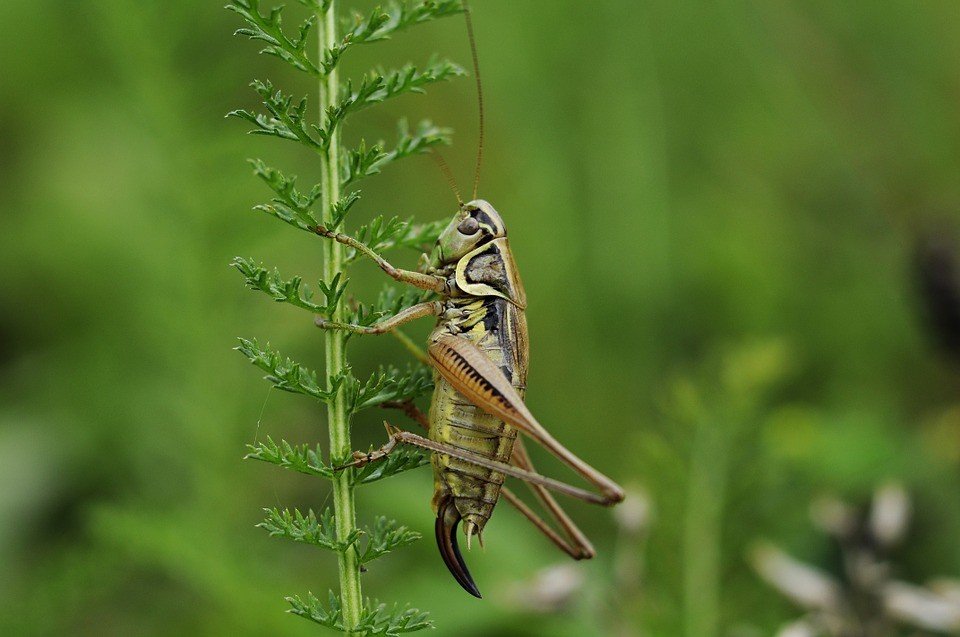
There has been a rise in interest in the consumption of edible insects as an alternate protein source to traditional livestock. It is estimated that more than two billion people around the world consume insects regularly. The insects are a rich source of proteins, vitamins, minerals and healthy fats. So, doctoral graduate Van Stull from the University of Wisconsin alongside her team thought of to document the health effects of eating insects through a clinical trial.
Crickets contain fibres such as chitin; these fibres are quite different from the ones found in fruits and vegetables. The Insect fibres act as a microbial food source and some fibre types also promote the growth of beneficial bacteria.
How did they conduct the Clinical trial?
The test subjects included both men and women aged between 18 and 28 years. For the first two week period, some of the members were served control breakfast or the breakfast that included infusion of 25-grams cricket meal powder in the form of muffins and milkshakes. For the next two weeks, the people who consumed a controlled breakfast were made to consume cricket diet and others who crickets consumed control breakfast. In this manner, each participant acted as their own control for the study.
The scientists then collected blood samples, stool samples from the test subjects and answers to gastrointestinal questionnaires. These were collected before the study began, later after the initial two-week period and finally after the two-week diet period. The scientists analysed the blood glucose levels, enzymes associated with liver function and protein levels associated with inflammation. They then checked the faecal samples for byproducts of microbial metabolism in the gut, overall makeup of microbial communities present in the stool.
Also Read: Scientists reverse ageing-related skin wrinkles and hair loss in mice
The team observed that there was a rise in the metabolic enzyme associated with gut health. There was also increased levels of the beneficial gut bacterium called Bifidobacterium animalis. Further, there was a decrease in the levels of an inflammatory protein called TNF-alpha which is thought to be associated with cancer and depression. The researchers opine that the findings need to be supported by larger studies and to determine the components of crickets that contribute to gut health.
The experimental study is published in the Journal Scientific Reports.







